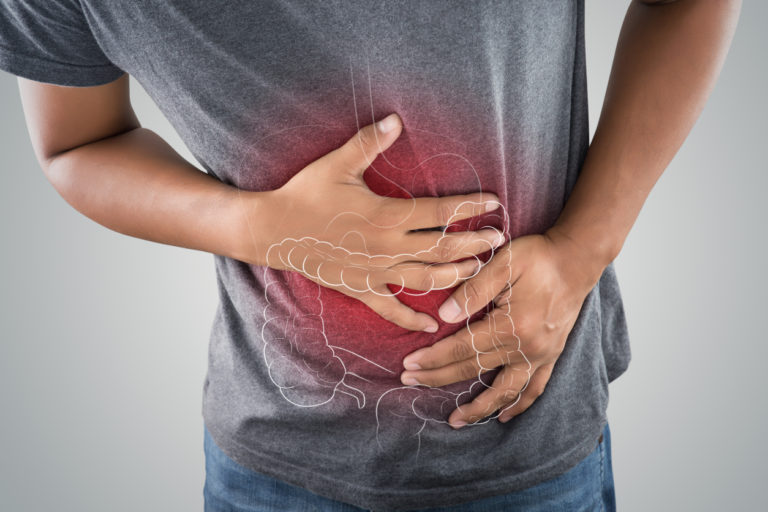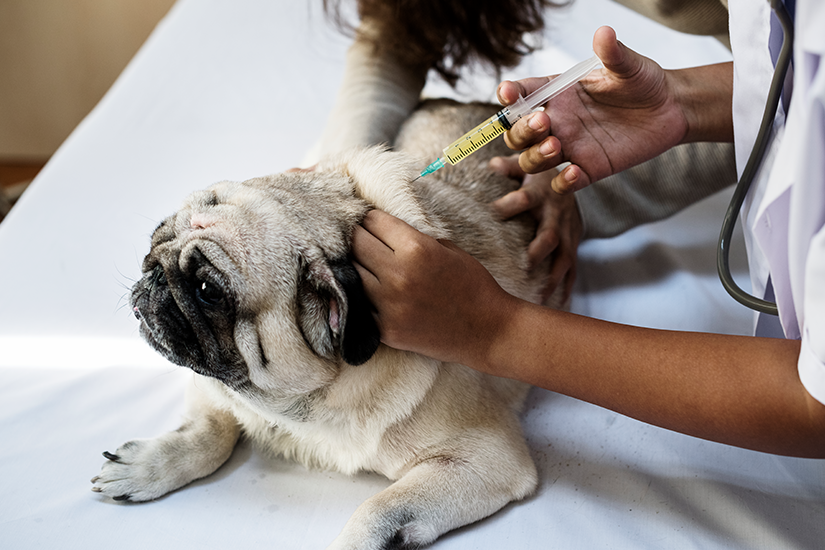- Emergency Ambulance Services
- 8606811111
- 0471-4077777, 0471-7177888
- gro@sutpattom.com
Bleeding Per Rectum: Causes, Diagnosis and Treatment
Dr. Ranjith Vijayahari, Consultant Gastrointestinal Surgeon, SUT Hospital, Pattom
Bleeding per rectum, or rectal bleeding, is a symptom that involves the passage of blood from the anus, usually noticed during bowel movements. It can range from mild, occasional spotting to severe, life-threatening haemorrhage. Identifying the cause of rectal bleeding is crucial for effective treatment.
Common Causes
1. Hemorrhoids:Swollen blood vessels in the rectum or anus, often causing painless bleeding.
2. Anal Fissures:Small tears in the lining of the anus, leading to pain and bleeding during bowel movements.
3. Colorectal Polyps or Cancer:Polyps are benign growths that can turn cancerous, leading to bleeding.
4. Gastrointestinal Infections:Infections can cause inflammation and ulceration, resulting in bleeding.
Diagnosis
Diagnosis begins with a detailed medical history and physical examination. The following tests to pinpoint the source of bleeding:
1. Digital Rectal Examination (DRE):To check for hemorrhoids, fissures, or masses.
2. Colonoscopy:Comprehensive examination of the colon to detect polyps, cancer, or inflammatory conditions.
3. Imaging Tests:CT scans or MRI for detailed visualization of the gastrointestinal tract.
Treatment
Treatment depends on the underlying cause:
1. Hemorrhoids and Anal Fissures:Often managed with dietary changes, increased fiber intake, topical medications, or surgical intervention for severe cases.
2. Polyps and Cancer:Require removal through endoscopy or surgery, followed by chemotherapy or radiation for cancer.
3. Infections:Treated with appropriate antibiotics or antiviral medications.
Rectal bleeding should never be ignored. Early diagnosis and treatment are essential for addressing the root cause and preventing complications. If you experience rectal bleeding, consult a healthcare professional for a thorough evaluation and appropriate management.
Summary: Rectal bleeding, visible during bowel movements, can range from mild spotting to severe haemorrhage. Common causes include haemorrhoids, anal fissures, polyps, and gastrointestinal infections. Diagnosis involves physical exams and imaging tests. Treatment varies from dietary changes and medications to surgery. Early medical consultation is crucial for effective management.









